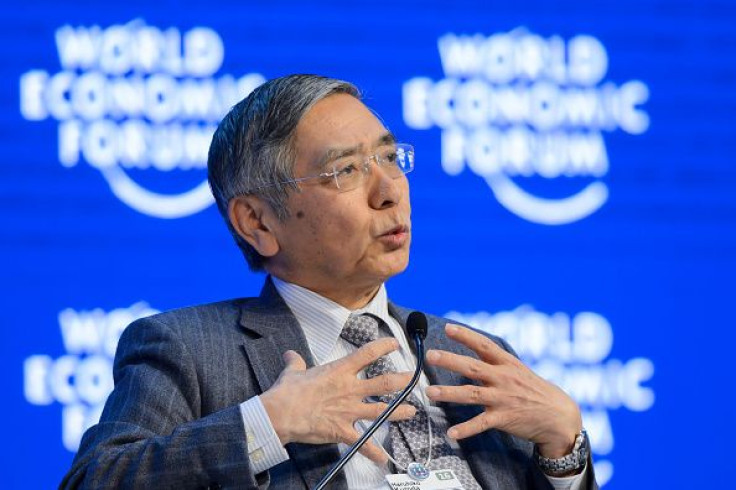Asia Investors Cautious, Await Bank Of Japan Action

Asian shares got off to a tentative start on Friday after oil cobbled together a third session of gains and markets wagered U.S. interest rates would not be rising much this year, if at all.
Speculation is also rife the Bank of Japan will have to add yet more stimulus, though many doubt it will come at Friday's first policy meeting of the year.
Sources told Reuters the decision could be a close one but that policymakers were wary of using their diminishing options to counter what they see as factors beyond the BOJ's control.
Equity investors were encouraged enough to nudge the Nikkei .N225 0.3 percent higher in slow early action. MSCI's broadest index of Asia-Pacific shares outside Japan .MIAPJ0000PUS was flat, while Australia added a slight 0.1 percent.
Oil prices extended their rare rally after Russian energy minister Alexander Novak and a senior Gulf OPEC delegate suggested that major oil producers may pare production.
It remained unclear whether a rumored deal to cut output by up to 5 percent would be struck anytime soon.
U.S. crude CLc1 was up a further 30 cents at $33.52 per barrel early Friday. Benchmark Brent futures were yet to trade having ended Thursday up 79 cents at $33.89 a barrel.
The semblance of stability in oil combined with some solid company results to lift Wall Street. The Dow gained 0.79 percent, while the S&P 500 added 0.55 percent and the Nasdaq Composite 0.86 percent.
Facebook surged 15.5 percent in its biggest one-day leap since 2013 after smashing expectations, while Alphabet climbed 4.28 percent.
Microsoft rose 4.5 percent in late trading after beating forecasts, but Amazon slumped 12 percent as profits missed analysts' estimates by a wide margin.
Economic news disappointed as U.S. durable goods dived 5.1 percent, the biggest decline in 16 months and just the latest indicator to undershoot forecasts.
The only saving grace for equities was that debt markets reacted by further lowering the expected path of rate hikes from the Federal Reserve. Fed fund futures imply a rate of only 59 basis points by year end, compared to 90 basis points just a month ago.
"We saw weakness in more U.S. durable goods, but one can track that directly to softness in manufacturing and oil, which is distinct from the strength across the service sector," said David Cannington, a senior economist at ANZ.
"Nonetheless, it strengthens the hand of those pointing to the Fed doing less, and questions the case of the USD bulls."
The dollar duly dipped 0.3 percent against a basket of currencies . The euro crept up to $1.0933 and well away from the $1.0786 low hit at the start of the week.
The dollar was steady on the yen around 118.89 as investors counted down to the BOJ meeting.
(Reporting by Wayne Cole; Editing by Shri Navaratnam)
© Copyright Thomson Reuters 2024. All rights reserved.











